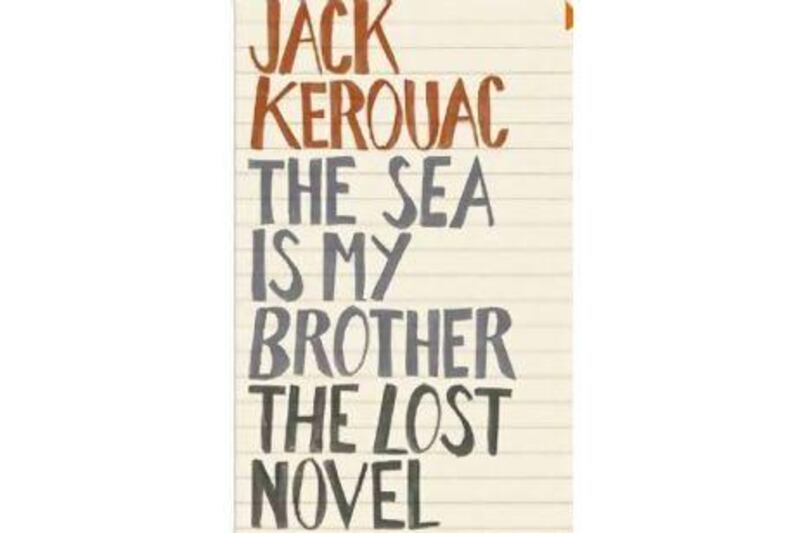Truman Capote famously sniffed of Jack Kerouac’s On the Road: “That’s not writing, that’s typing.”
What then to make of The Sea is My Brother, written in 1942 when Kerouac was just out of his teens and that is trumpeted now as “The Lost Novel”?
It should have stayed lost.
First, at 128 printed pages, it barely qualifies as a novella. Second, it is coupled with other early Kerouac writings and a numbing 268 pages of ephemera, notably scores of letters between him and his boyhood and early adult friend Sebastian Sampas.
In short, it is a collection of juvenilia that might hold the interest of a student researching a dissertation, but fails to engage the casual reader, even one who is somewhat a fan of the author.
The “novel”, by the way, is a tale of two young men, merchant marines, on a voyage from Boston to Greenland. They argue, drink, play cards and grapple with the meaning of life; that is, not much happens. Kerouac himself is said to have called this work “a crock”. He was right.











